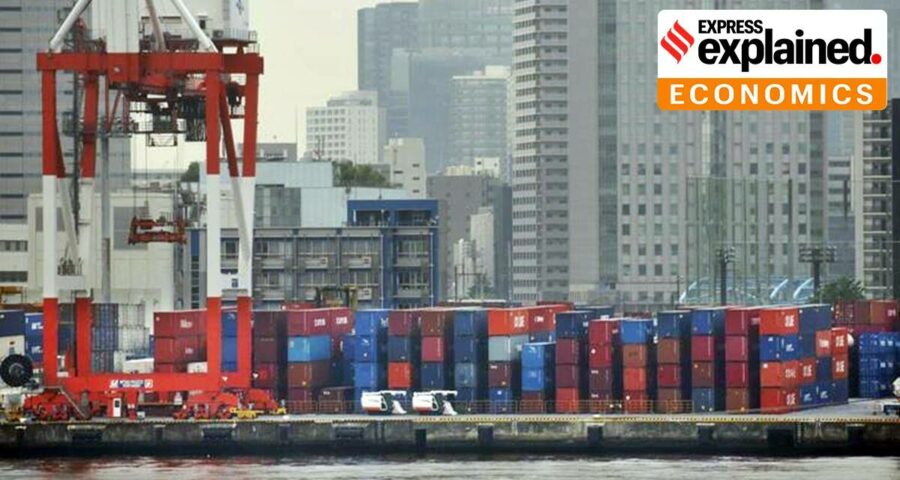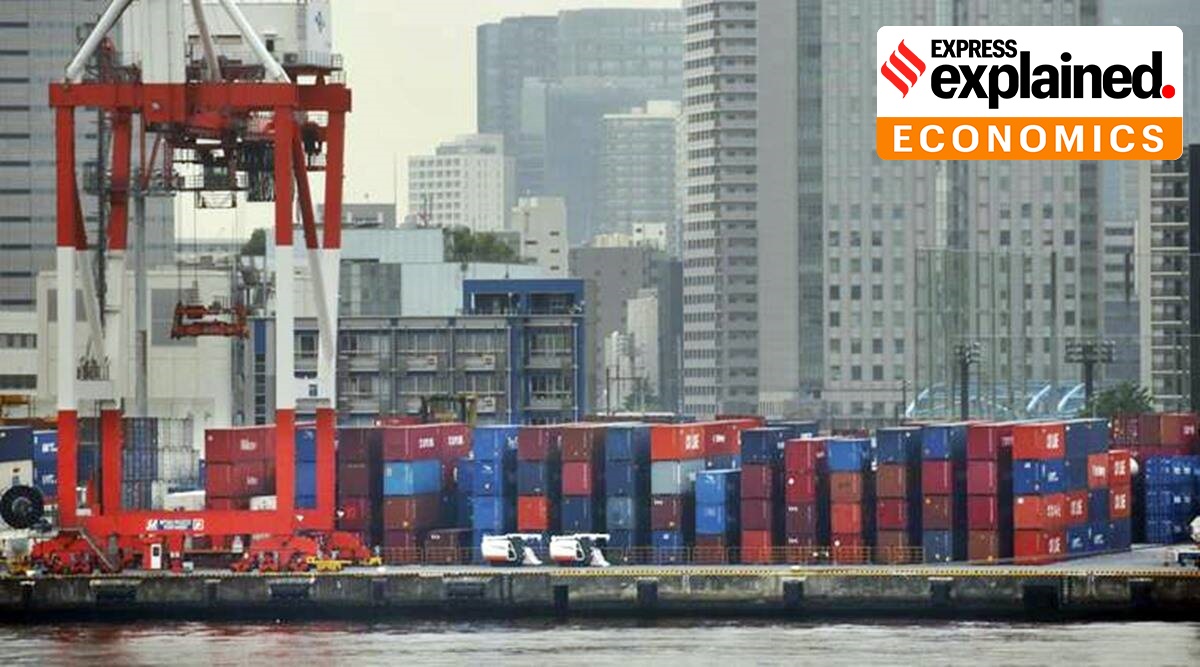This move is part of efforts to remove IECs of “front organisations” such as the one allegedly connected to the importer of the 2,988 kg of heroin that was confiscated at the Mundra port.
The government is set to start deactivating Import Export Codes (IECs) for firms that have not given updated information to the government starting October 6. This move is part of efforts to remove IECs of “front organisations” such as the one allegedly connected to the importer of the 2,988 kg of heroin that was confiscated at the Mundra port and is currently being investigated by the Directorate of Revenue Intelligence (DRI).
Newsletter | Click to get the day’s best explainers in your inbox
What are the updated requirements for IEC?
Earlier this year, the Directorate General of Foreign Trade (DGFT) amended IEC rules to require all firms engaged in import or export to update their details every year between April and June. The DGFT later extended the timeline for firms to update details this year till the end of August based on requests by industry. The IEC granted by the DGFT is mandatory for any firm engaging in exports or imports.

The heroin seized by the DRI was found in a consignment classified as “semi-processed talc stones” imported by Aashi Trading Company. The company had also imported a consignment officially declared as “semi-processed talc stones” in June. Government sources said they did not immediately have details of the company available with them, and the company records were not available with the registrar of companies on the website of the Ministry of Corporate Affairs (MCA). The company could, however, be registered as a sole proprietorship with the MCA as the ministry does not publish details of such companies.
A government official said the move to deactivate IECs that have not been updated was also aimed at cleaning out the IEC of firms such as Aashi trading company.
“We don’t have their emails or phone numbers, there are people who got IECs 20 years back,” said the official, noting that the removal of such IECs would be part of the clean up effort by the government. In the first phase of deactivations of IEC, the DGFT is set to deactivate the IECs of firms that have not updated information with the government since the beginning of 2005.
Source: Read Full Article


